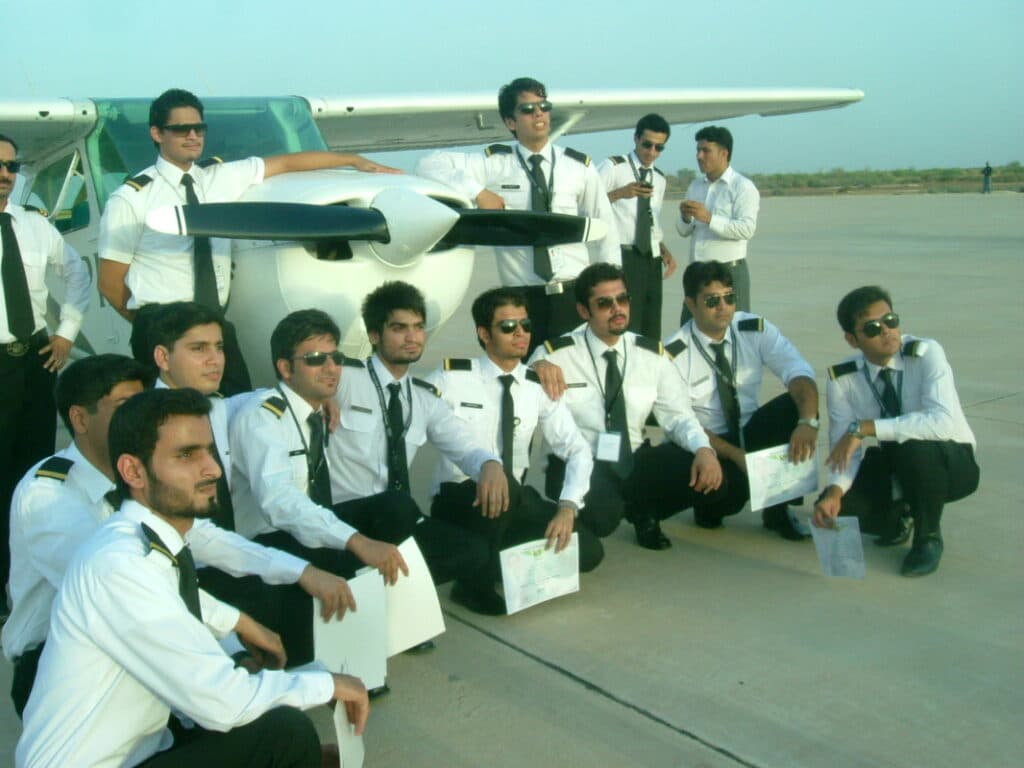QUETTA: The Balochistan government has approved its first Provincial Aviation policy and a three-year Aviation Development Plan to train local youth for careers in the aviation industry. The decision came during the cabinet’s 19th meeting, chaired by Chief Minister Mir Sarfaraz Bugti.
Director General of the Aviation Wing, Captain Ali Azad, said the government has already begun work on establishing a flying school in Quetta, where young people aged 18 and above will learn to operate modern aircraft.
Balochistan aviation policy
He explained that the programme will unfold in three phases. In the first phase, authorities will revive Quetta’s old flying club with modern infrastructure and provide new single- and multi-engine aircraft for pilot training. Graduates from the school will qualify to fly twin-engine aircraft, a facility not available at any other flight school in Pakistan.
In the second phase, the government will establish institutions for aeronautical engineering and technician training, allowing students to pursue diplomas and degrees across different fields of aviation.
In the third phase, Balochistan students will receive international-standard training, enabling them to compete not only in Pakistan but also in the global job market.
Captain Azad stressed that the government wants to expand career opportunities for the youth. “Our goal is that young people should not limit themselves to becoming doctors or engineers only. We want them to emerge as aviation experts,” he said, adding that trainees will complete at least 500 flight hours to qualify for commercial airlines.
According to officials, five young people have already received internships and are logging flight hours. The government will provide scholarships to some students, while others who want commercial flight training will be able to join on a fee-paying basis.
Finance Secretary Imran Zarkoon clarified that the plan will not burden the provincial treasury. “The Aviation Development Plan will run through corporate sector funding,” he said. He added that the government will also use its three existing aircraft for training and revenue generation. “This way, the province will reduce its dependence on outside pilots and produce skilled professionals locally.”
A senior official, speaking on condition of anonymity, revealed that the government has recently set up an aviation wing with new policies and SOPs in the making. He pointed out that infrastructure upgrades are already underway, including the expansion of Quetta Airport’s runway, completion of Gwadar Airport, and improvements in the city’s transport system such as the new Green Bus project connecting the airport to the city center.
Experts believe the initiative will also strengthen the economy. It will not only prepare skilled human resources but also open up local and international job opportunities for Balochistan’s youth.
The project further includes an air ambulance service, for which the provincial government has already signed a contract with a private company, Cessilla.
However, aviation analyst Tariq Abu Al Hassan described the plan as “ambitious but challenging.” He noted that aviation requires high expertise and strong infrastructure. “No provincial-level airline has succeeded anywhere in the world. Pakistan’s aviation market is already dominated by carriers from Dubai, Qatar, and Saudi Arabia,” he said.
Also Read: Balochistan establishes Climate Fund to tackle environmental challenges
He warned that unless Pakistan adopts a revised national aviation policy, provincial initiatives, such as airlines or large-scale projects, may struggle to succeed. Citing the example of Gwadar Airport, he said infrastructure, connectivity, and law and order remain essential. “Despite its completion, Gwadar Airport stands empty because local communities were not integrated into the development process.”
He concluded that if the Balochistan government truly wants success, it must directly involve local youth in aviation opportunities.





